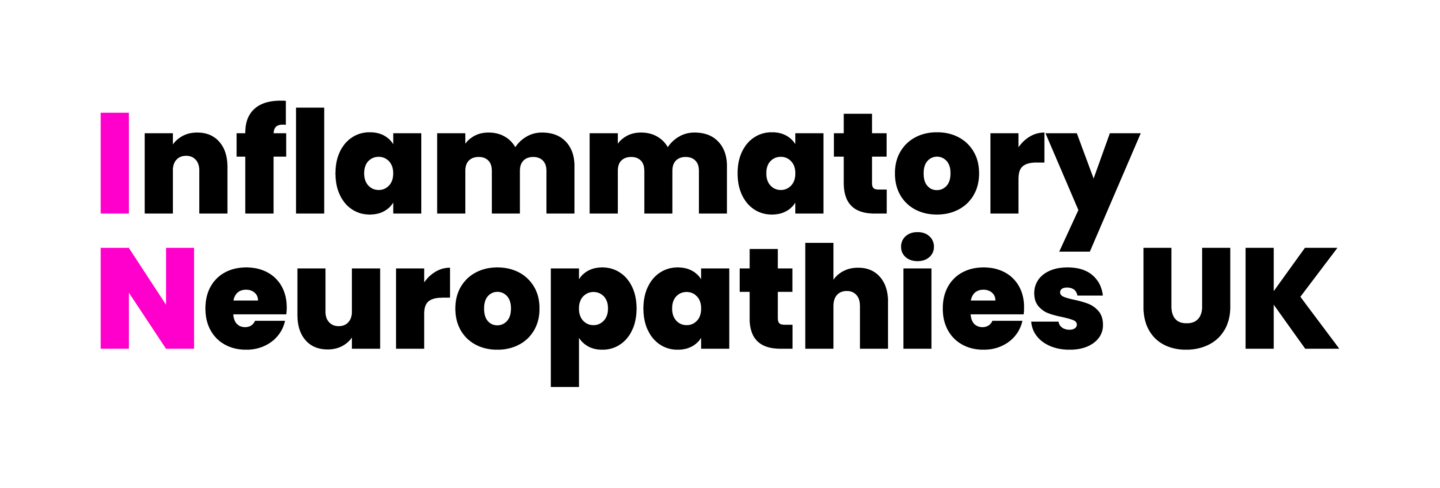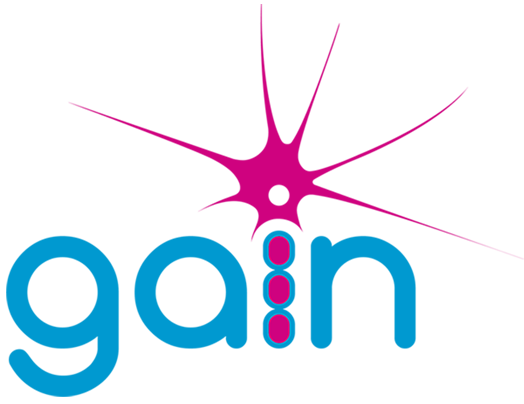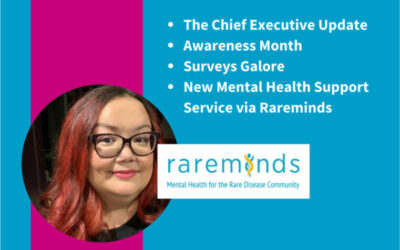What is Guillain-Barré Syndrome (GBS)?
Guillain-Barré Syndrome (we just say GBS, but its pronounced ghee-yan bar-ray) is a rare but potentially life changing condition that affects the nerves outside of your brain and your spinal cord. These are your peripheral nerves. GBS impacts about 1,500 people in the UK every year. Anyone can get GBS, but you are more likely to get it if you are older, and more men get it than women. You can’t pass GBS on to anyone else.
Causes of GBS
We don’t really know what causes GBS, but people often get diagnosed with it after a viral or bacterial infection, or food poisoning. We think that what happens is that the body’s immune system (your body’s defence against infection and disease) tries to fight off an infection, and instead attacks your own nerves by mistake. This leads to the symptoms of GBS.
GBS Symptoms
GBS causes muscle weakness and sometimes paralysis. Symptoms often start with tingling or weakness in the legs, which can then spread to the arms and upper body. In severe cases, GBS can lead to total paralysis, affecting breathing and other essential functions. Some people may need intensive care support, including being put on a ventilator.
Diagnosis of GBS
When most people have GBS symptoms, they contact their doctor, call 111, or go to A&E. As GBS is rare, many doctors may not have seen a case, so a Neurologist may be involved in diagnosis. An early diagnosis of GBS is really important to make sure people get the best treatment at the right time.
GBS Treatment
Most people with GBS stay in hospital for a few weeks, but treatment may take longer. Treatment for GBS usually involves IVIG (intravenous immunoglobulin) therapy or plasma exchange. These help to suppress the immune response and reduce inflammation.
GBS Recovery
Everyone’s GBS journey is different, and recovery varies from person to person. Some may experience a full recovery within a few weeks or months, while others may have longer term weakness or other long-term complications. Physiotherapy and Occupational Therapy can help with physical recovery, but many people will also need input with their emotional health to help cope with longer term impacts to their lives.
Find out more about other’s journeys of living with and recovering from GBS.
GBS Support
Guillain-Barré Syndrome can be life changing and have long term impacts, but for many people there is a good recovery. GAIN is here to support people and families impacted by GBS, offering information, advice, and guidance; providing practical support where it is needed; funding and undertaking research; and raising awareness. If you want to know more then you can read our blog series on GBS, or reach out to us, we are more than happy to support.
If you’re looking for support, to have a chat or ask questions, why not join our monthly Get Togethers or sign up for our GBS Newsletter.




